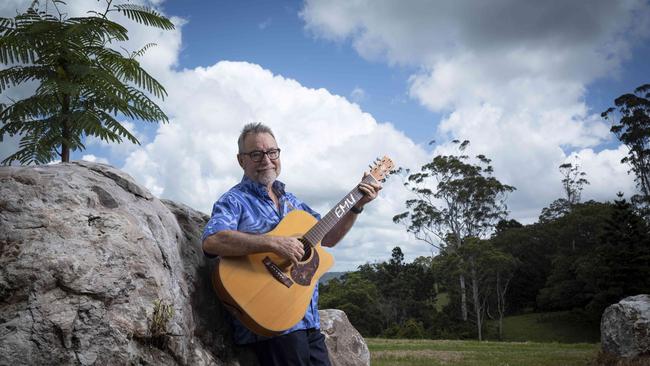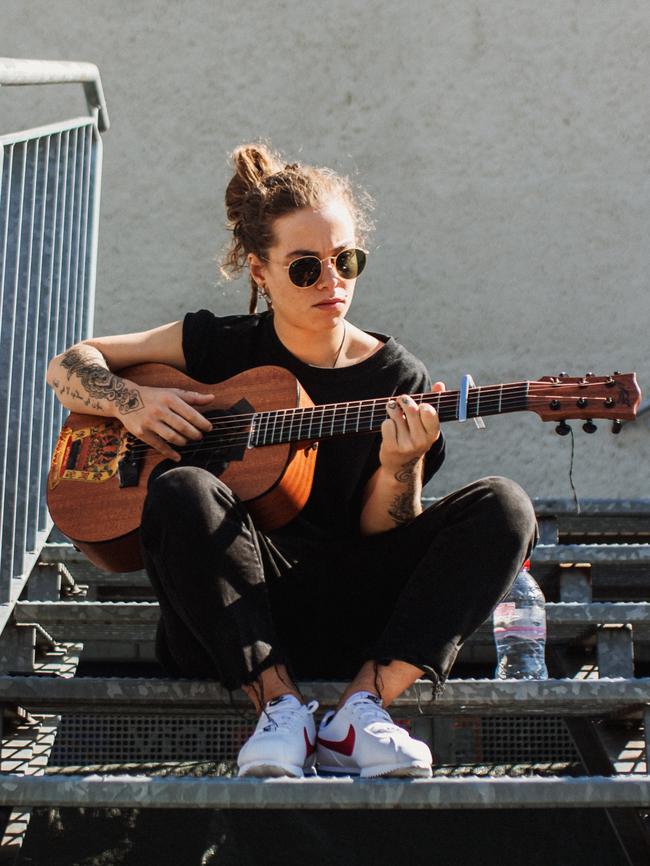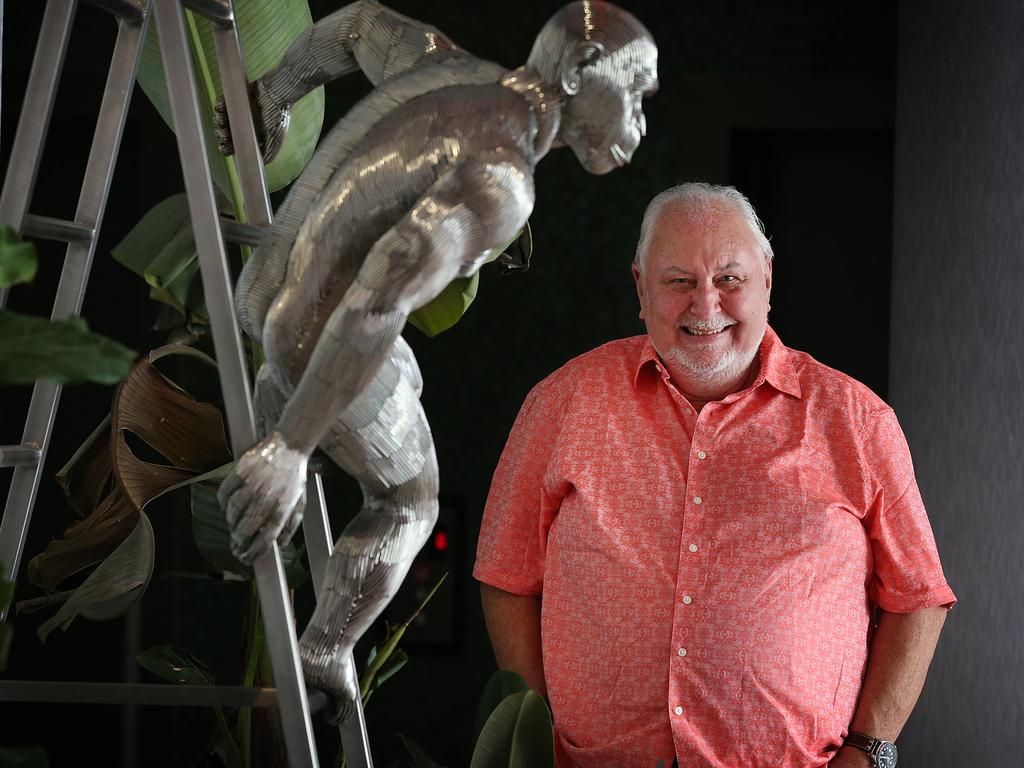Bluesfest: 2021 powers ahead in high-risk era of COVID uncertainty
Music festival promotion is a high-risk business at the best of times, let alone during a pandemic.

Music festival promotion is a high-risk business at the best of times. In the COVID era, it’s akin to playing high-stakes roulette in a smoke-choked room: the bets are huge, visibility is poor and a virus outbreak can prompt sudden lockdowns and border closures that play havoc with even best-laid plans.
Two months from Monday, perhaps the biggest ticketed non-sporting event held anywhere in the country since last March is to take place near Byron Bay, when Bluesfest begins a five-day program composed entirely of Australian artists, including Jimmy Barnes, Tash Sultana and Kasey Chambers.
Organisers are expecting tens of thousands of music fans at Tyagarah Tea Tree Farm from April 1 and across the Easter long weekend, while the seated event will provide much-needed employment for about 1300 music industry workers and suppliers.
“What I’m doing is being part of the solution of how we all get back to work,” said festival director Peter Noble. “We have put in a COVID safety plan of the highest order, and it’s part of going ‘This is what it takes to get live music back at the levels we all want to see it at’.”

Country singer-songwriter John Williamson is among performers booked for Bluesfest.
“Hats off to him, to keep it going,” he said of Mr Noble. “Promoters can do well, but they also take big risks. We need them.”
Established in 1990 and usually attracting up to 30,000 fans a day, Bluesfest is the canary in the coalmine as far as multi-day mass gatherings are concerned, with fellow Byron Bay festival Splendour in the Grass set to follow in late July.
“Most other major events have decided not to proceed,” Mr Noble said. “We haven’t made that decision, so everyone is looking towards us to see what will happen.
‘‘What we are deeply hoping is that government doesn’t give us a greatly restricted approval, which takes away the viability of going ahead.”
After a dire 2020, the national live performance sector remains beset by uncertainty. Mr Noble is calling on the federal government to extend JobKeeper beyond March for industries labouring under restrictions, while a temporary interruption insurance fund — similar to that granted to the film industry in June — would encourage more promoters to stage events.
“We’ve got to find a way,” said Mr Noble. “Yes, there’s risk attached. Maybe you can’t all get in a mosh pit, because that doesn’t happen anymore — but it’ll be great when you can.”





To join the conversation, please log in. Don't have an account? Register
Join the conversation, you are commenting as Logout